
F**k Purpose!
(25 min read)

Join us for a captivating interview with Alicia Hennig, an accomplished Associate Professor of Business Ethics. With a wealth of experience in intercultural research and work, Alicia's expertise spans virtue ethics in management and finance, East-West conceptions of virtue, CSR, sustainability, and the application of Chinese philosophy and Daoism in the corporate world. In our conversation, we embark on a journey through diverse philosophical systems, examining the essence of virtue ethics. We then shift our focus to explore innovative organizational models like Haier's game-changing "Rendanheyi." Alicia's personal insights offer a unique perspective on the intricate relationship between culture, ethics, and business. Don't miss this opportunity to delve into the intricate world of ethics within a global economic and philosophical context!
Jump to
Why is the interview important? Who are we talking to?

ALICIA HENNIG
Alicia Hennig is an Associate Professor of Business Ethics at the Technical University of Dresden. With extensive experience in intercultural work and research, her academic expertise spans various research fields, including political theory, Chinese philosophy in business and management, virtue ethics in business, ethics in finance, corporate social responsibility (CSR), and sustainability. She holds a Magna Cum Laude doctorate in Applied Philosophy and Ethics from the Technical University Darmstadt in Germany.
Alicia Hennig's notable contributions to academia extend beyond research; she is an experienced lecturer and guest lecturer, having taught courses on cultural and intercultural issues, comparative philosophy, and business ethics. Her international academic journey has taken her to institutions in China, Spain, the United Kingdom, and more, and she is one of the few contemporary business ethics scholars who is actively “translating” Chinese culture and thinking for a Western context. She is an outspoken critic of postmodern capitalistic systems in both East and West and of Chinese mercantilism in Academia.
Exploring the concepts for this session
A Resource Kit to launch your explorations
Live video recording and podcasts
What have we learned? Our "Best Bit" takeaways from the Interview
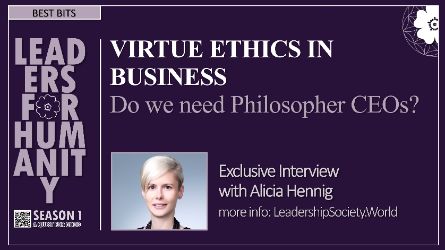
KEY INSIGHTS FROM THE INTERVIEW FOR OUR INQUIRY
Here you can find the most memorable insights from our interview, related to our three inquiry questions. Simply select from the drop down menu on the right -->
Share the most popular quotes on social media: Just click + save picture + post!



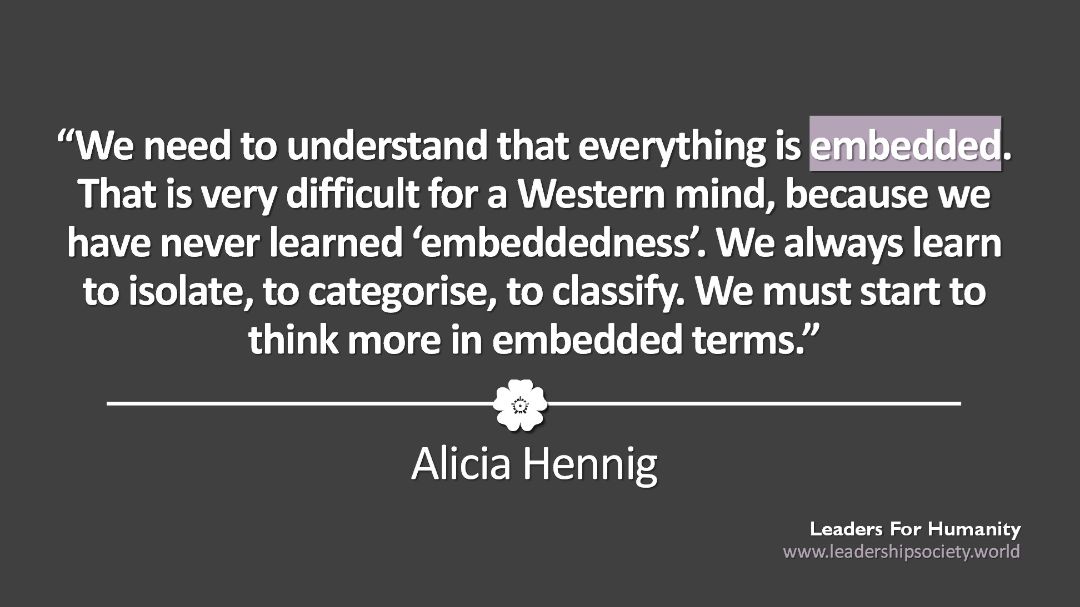
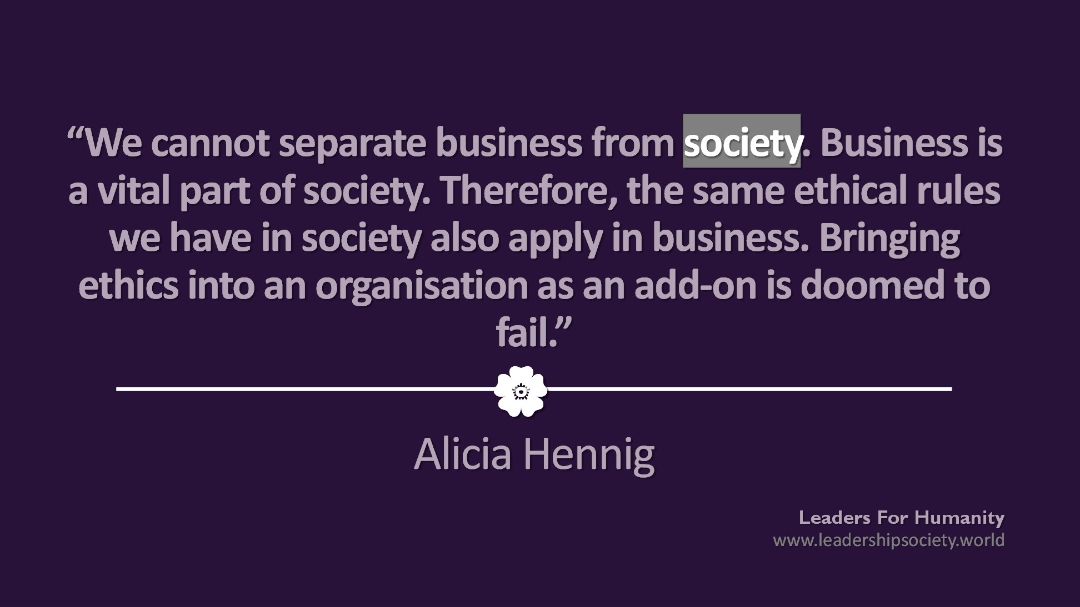
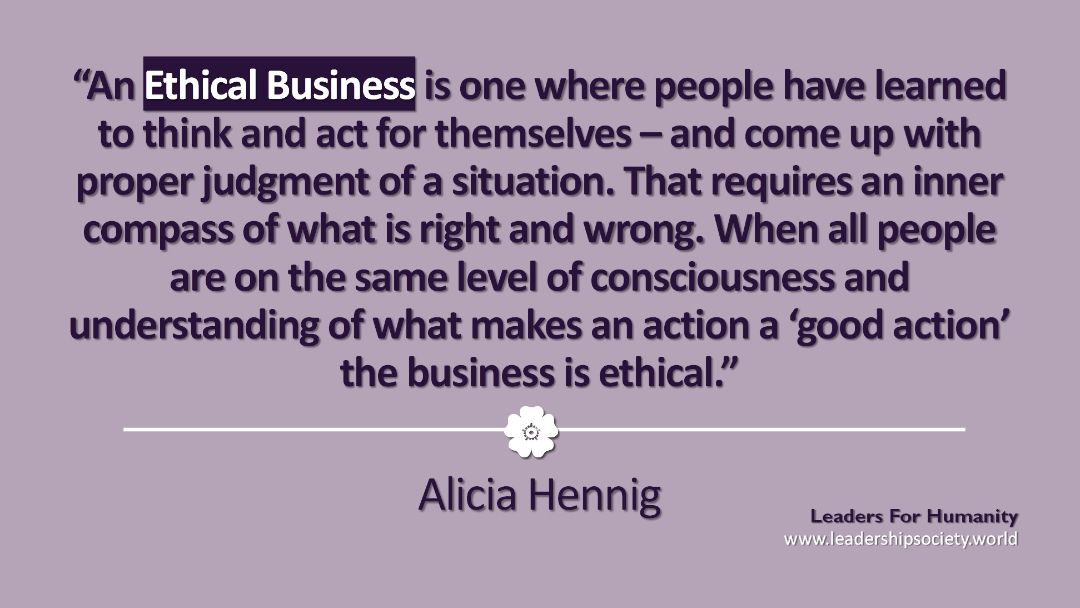
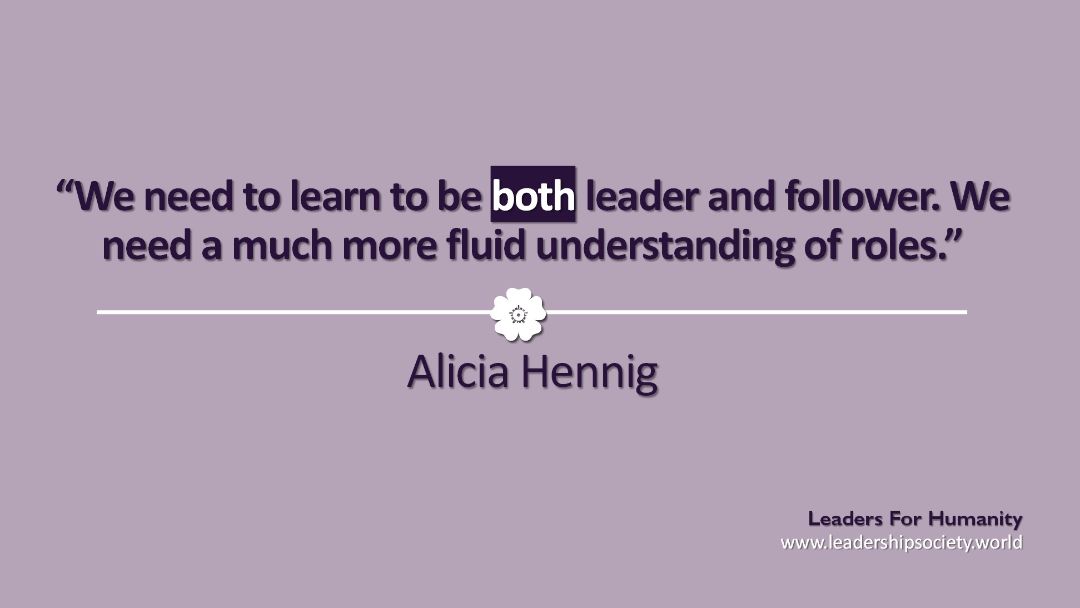
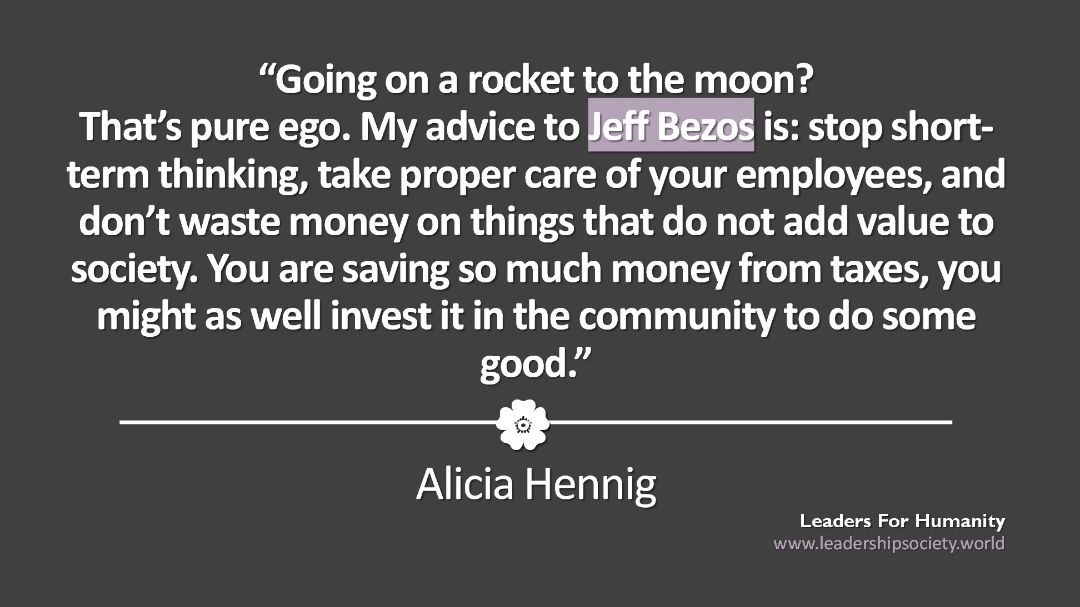
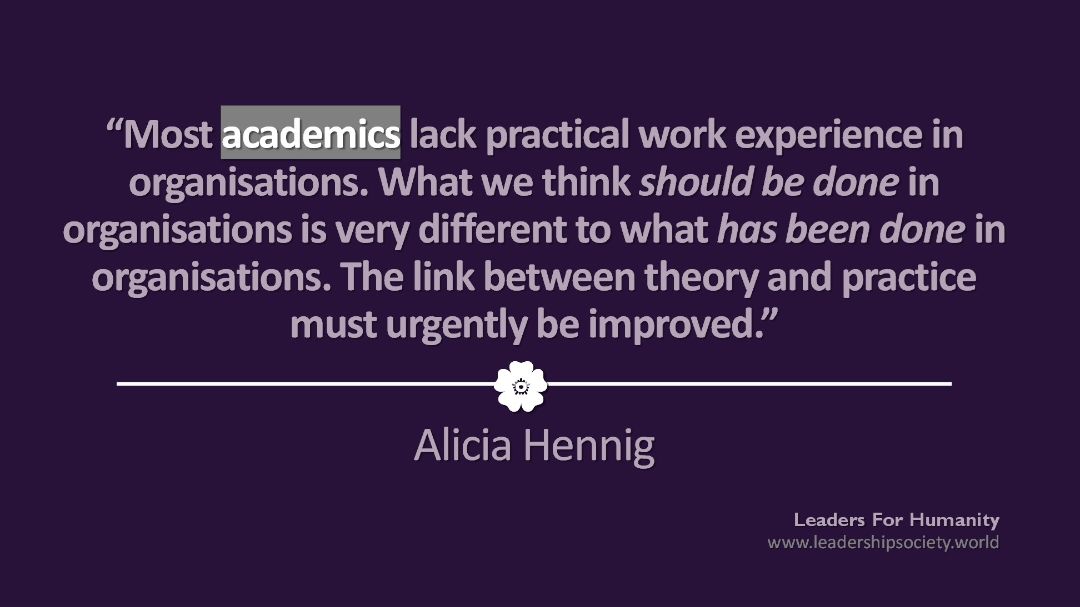
Unleash your curiosity and discover new insights
Further explorations about virtue ethics and its implications for business and management
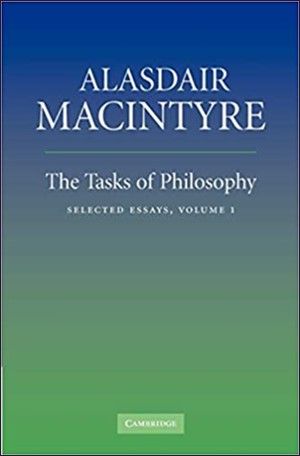

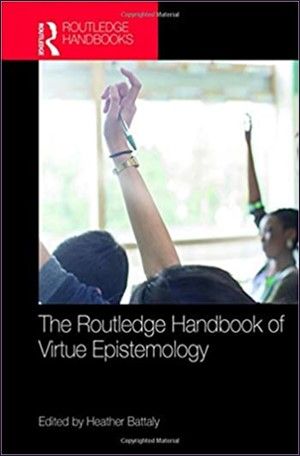
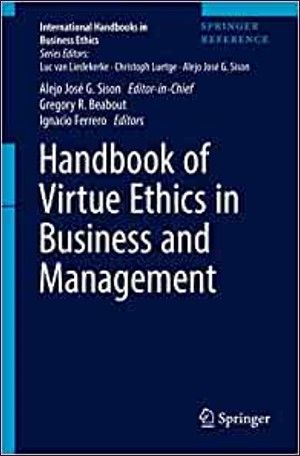


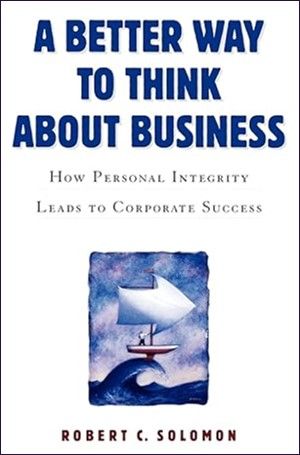
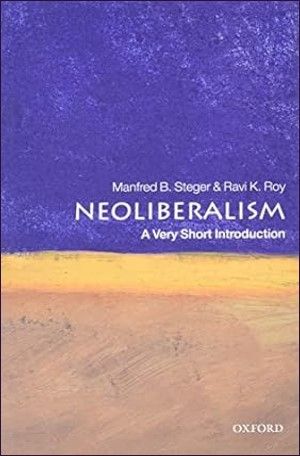
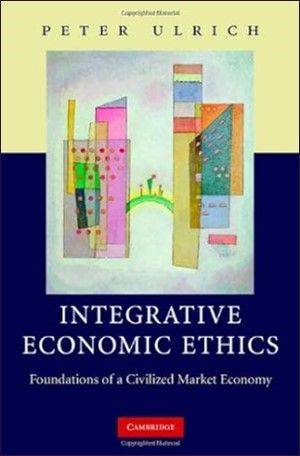
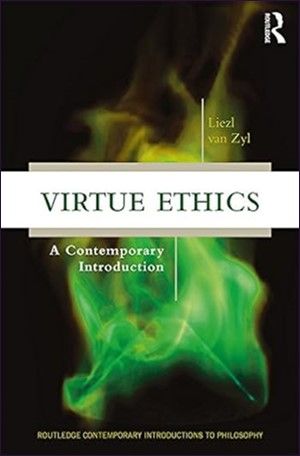
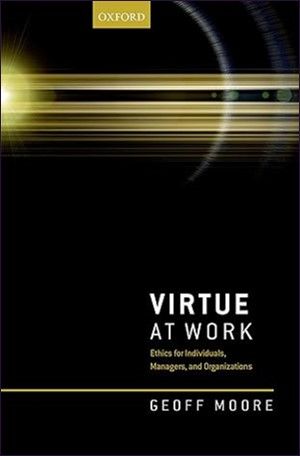


Further explorations about Eastern Philosophical Systems

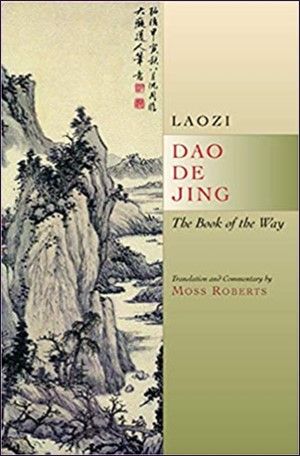
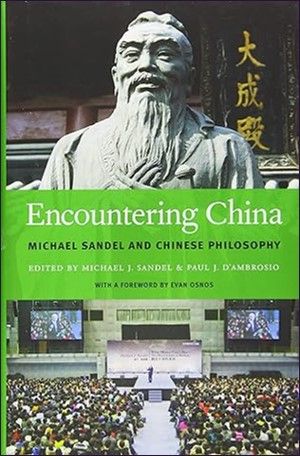
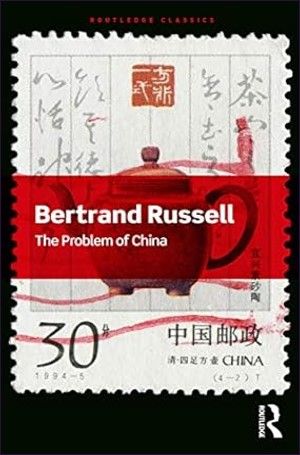
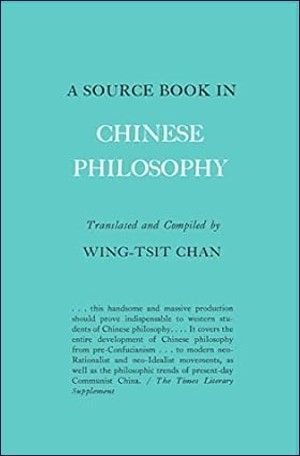
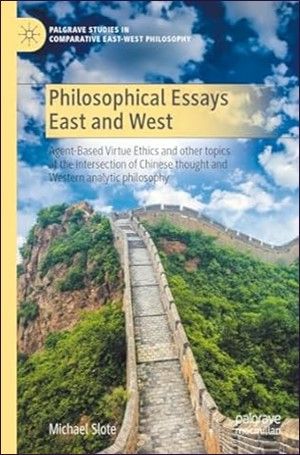

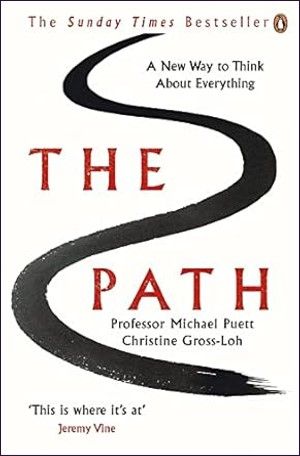
Related blog posts


Explore all the popular interviews in this section